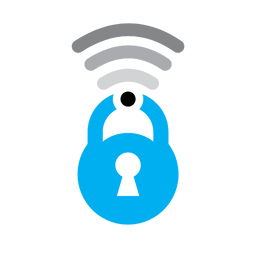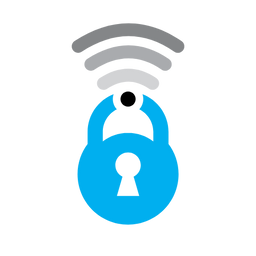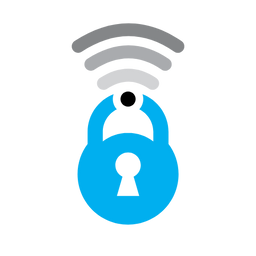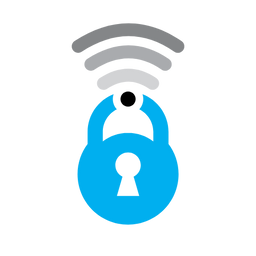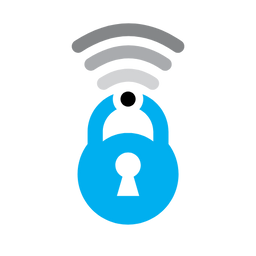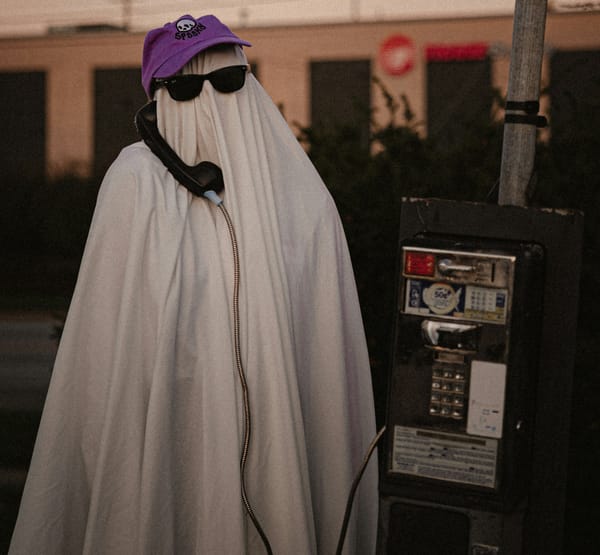PRECEDENT-SETTING WIN: Jury Awards Massive $167 Million in Punitive Damages Against NSO Group

A landmark victory against the notorious Pegasus spyware maker sends shockwaves through the surveillance industry
In a groundbreaking decision that could reshape the commercial spyware landscape, a federal jury in California has ordered Israeli surveillance company NSO Group to pay a staggering $167.3 million in punitive damages for hacking into the devices of WhatsApp users with its infamous Pegasus spyware. The jury also awarded $444,719 in compensatory damages to cover WhatsApp's costs in addressing the attacks.
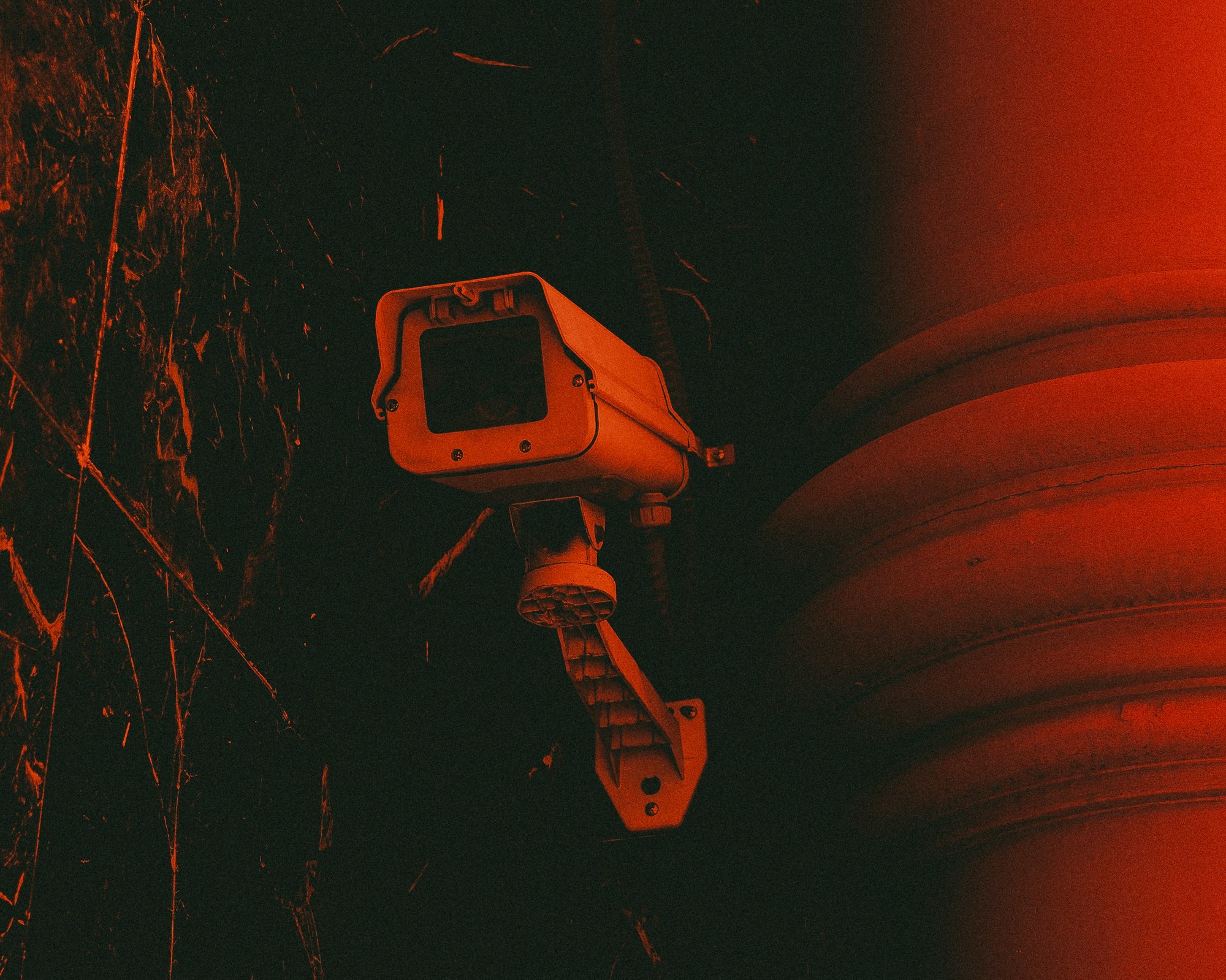
The Verdict: A Historic First
The verdict, delivered on Tuesday in Oakland, California, marks the first time a commercial spyware company has been held financially accountable in U.S. courts. The case originated in 2019 when Meta-owned WhatsApp discovered NSO Group had exploited a vulnerability in its voice calling feature to install Pegasus on approximately 1,400 devices across 51 countries. The targeted individuals included journalists, human rights activists, political dissidents, and government officials.
U.S. District Judge Phyllis J. Hamilton had previously granted WhatsApp's motion for summary judgment against NSO Group in December 2024, finding that the company had violated the U.S. Computer Fraud and Abuse Act and a similar California law with its Pegasus spyware.
"Today's verdict in WhatsApp's case is an important step forward for privacy and security as the first victory against the development and use of illegal spyware that threatens the safety and privacy of everyone," Meta stated after the ruling.
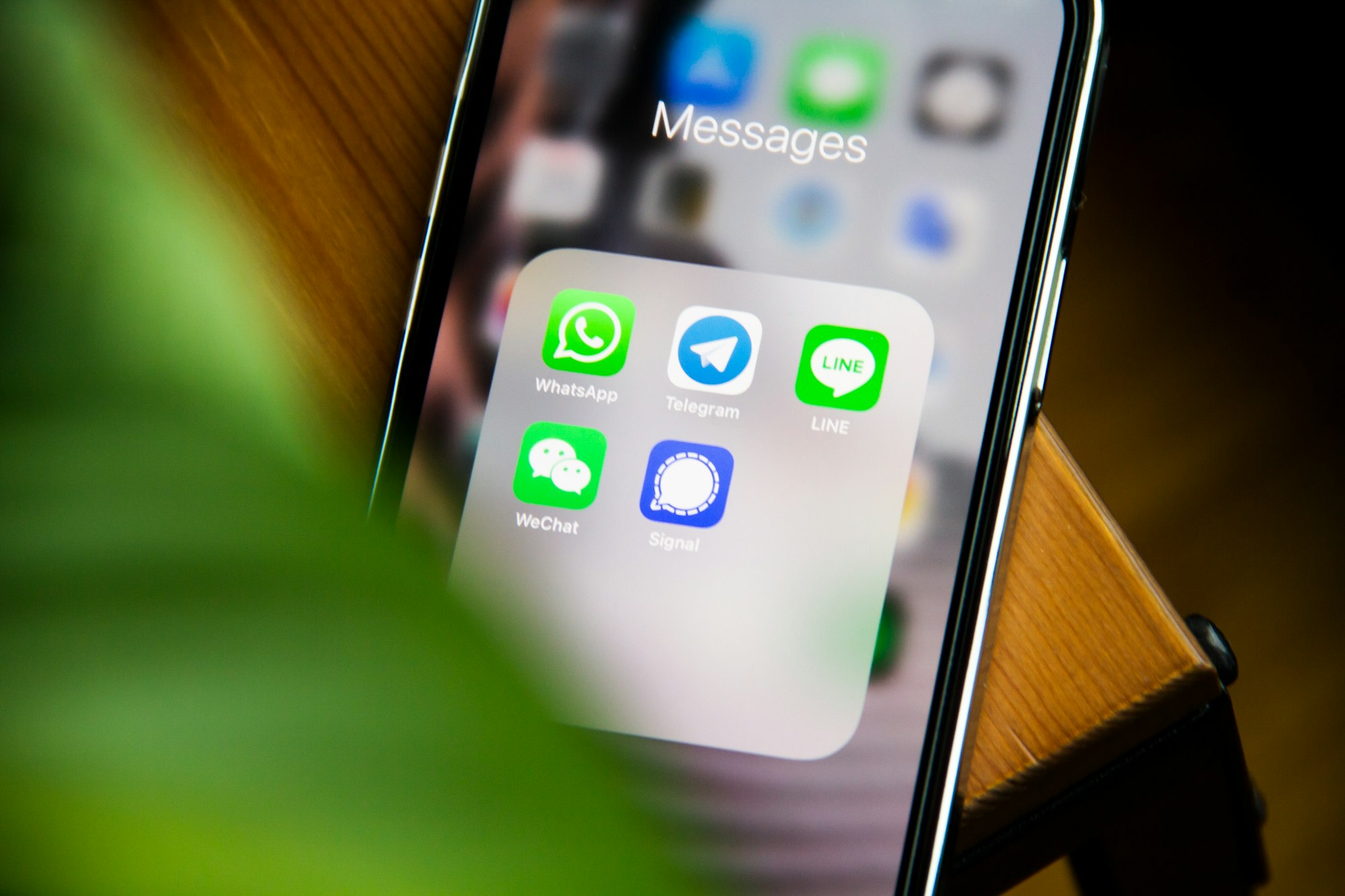
The Notorious Pegasus Spyware
Pegasus is one of the world's most powerful surveillance tools, known for its "zero-click" capabilities that allow installation without requiring victims to click links or open messages. Once deployed, the spyware can:
- Remotely activate a device's microphone and camera
- Monitor calls and messages in real-time
- Download nearly all user data
- Access passwords and encrypted communications
- Track location data with precision
While NSO Group markets Pegasus as a tool for government agencies to combat terrorism and serious crime, numerous investigations have documented its abuse by governments worldwide to target civil society members. Court documents revealed that the 2019 campaign targeted 456 individuals in Mexico, 100 in India, 82 in Bahrain, 69 in Morocco, and 58 in Pakistan, among others.
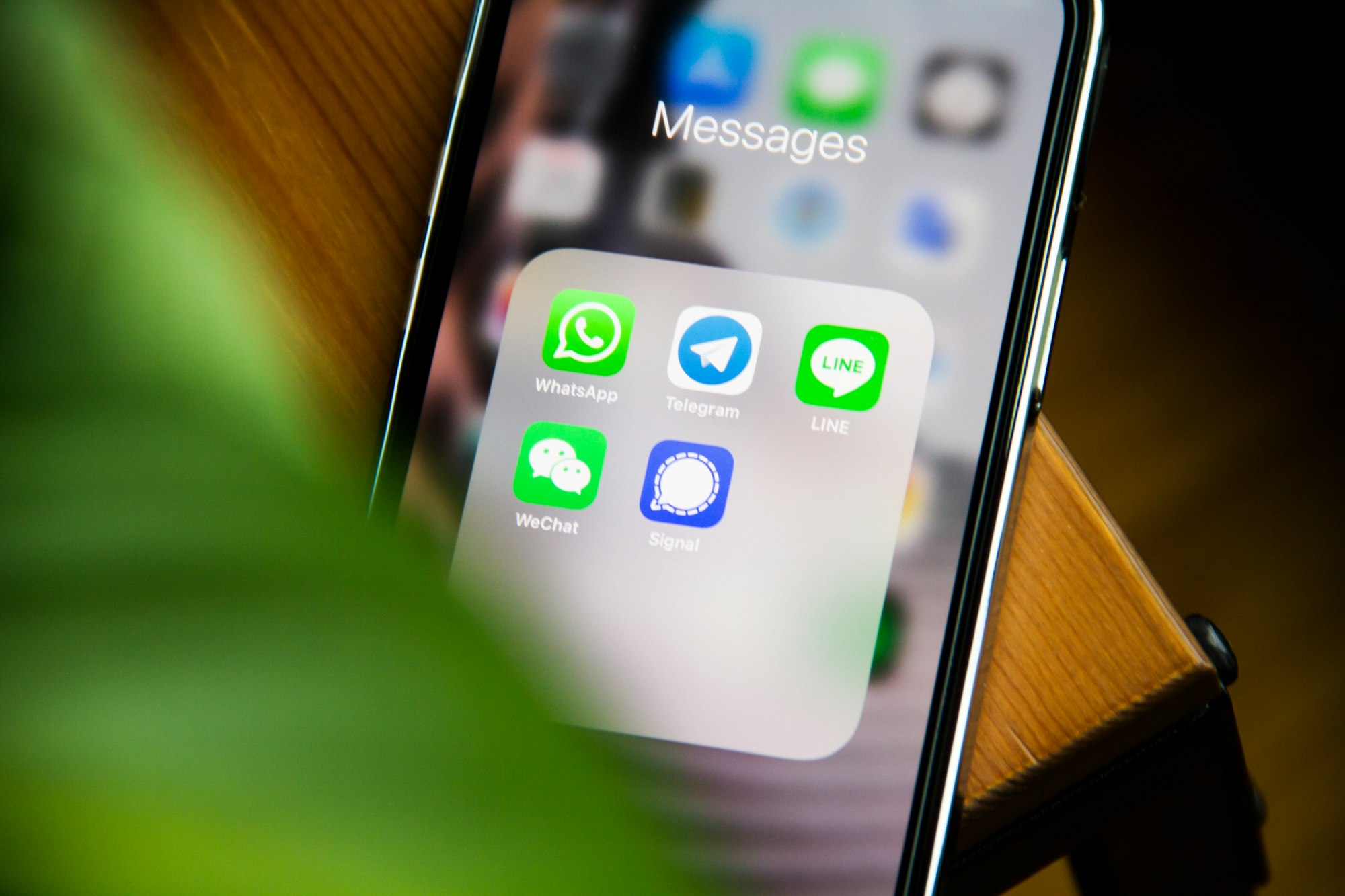
A Six-Year Legal Battle
The verdict caps a six-year legal journey that required extraordinary persistence from WhatsApp and Meta. NSO Group deployed multiple tactics to avoid accountability, including:
- Claiming sovereign immunity as it works with government clients
- Arguing it bears no responsibility for how clients use its products
- Refusing to disclose source code and critical evidence
- Appealing the case all the way to the U.S. Supreme Court
Throughout the proceedings, WhatsApp established that NSO Group repeatedly developed new exploits to circumvent the security measures WhatsApp implemented, continuing to attack users even after the lawsuit was filed.
3/ NSO Group emerges from the trial severely damaged.
— John Scott-Railton (@jsrailton) May 6, 2025
The verdict ($167,256,000 punitive, $440K+ compensatory) is big enough to make your eyes water.
The case is ALSO a huge blow to NSO's secrecy, with their business splashed all over a courtroom.
This will scare customers...
Revelations from the Trial
The trial provided unprecedented insights into NSO Group's operations, contradicting the company's public claims of limited involvement in surveillance activities:
Sworn testimony from NSO executives revealed that government clients played only a minimal role in deploying Pegasus, with the company handling most of the technical process. According to court documents, NSO "set up and controlled all the server infrastructure used to implant Pegasus and deliver the exfiltrated data to a customer."
In a notable admission during depositions, NSO Group acknowledged disconnecting 10 government customers in recent years from accessing Pegasus due to abuse of the service. This contradicted the company's public stance that it has no visibility into how clients use its technology.
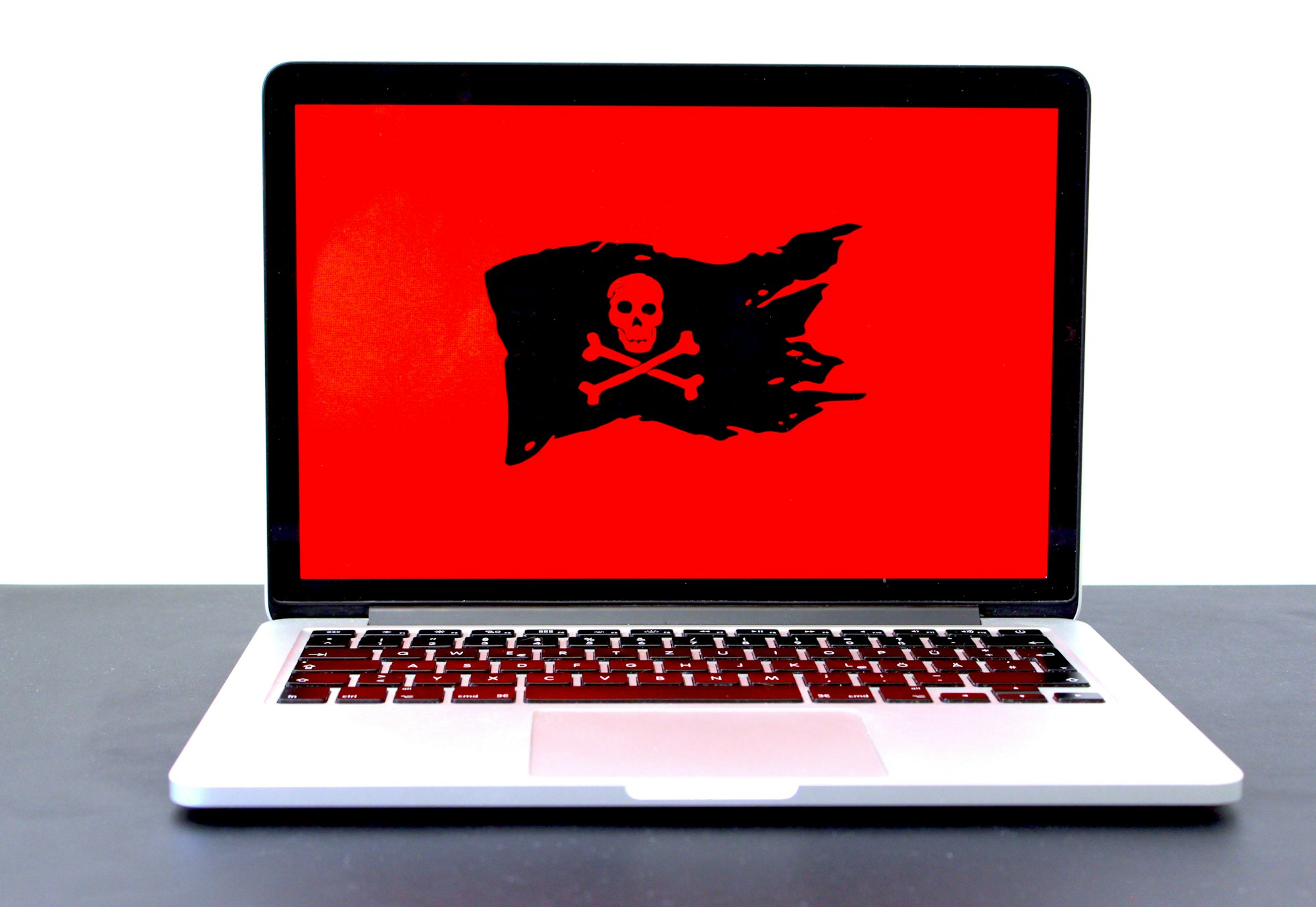
Implications for the Surveillance Industry
Legal experts and human rights advocates view this verdict as a watershed moment that could dramatically impact the growing commercial spyware industry:
- Financial deterrent: The massive punitive damages serve as a warning to other surveillance companies about the potential costs of facilitating illegal hacking.
- Legal precedent: The ruling establishes that spyware vendors can be held directly liable for violations committed through their products, even when selling to government clients.
- Accountability mechanism: The case demonstrates that persistent legal action can succeed despite jurisdictional challenges and national security claims.
John Scott-Railton, a researcher at Citizen Lab who has documented Pegasus abuses, described the verdict as "transformative," noting that "NSO emerges from this trial severely damaged" both financially and reputationally.
4/ Rewind to 2019.
— John Scott-Railton (@jsrailton) May 6, 2025
About this time (April-May) @WhatsApp catches NSO Group hacking its users with #Pegasus across the messenger.
They investigated.
We @citizenlab also helped to investigate the victims get in touch with the many activists journalists etc.
There were many. pic.twitter.com/73bsYjt8A9
What's Next?
Despite the verdict, WhatsApp acknowledges collecting the damages won't be easy. "We have a long road ahead to collect awarded damages from NSO and we plan to do so," WhatsApp stated. "Ultimately, we would like to make a donation to digital rights organizations that are working to defend people against such attacks around the world."
The company is also seeking a permanent injunction to prevent NSO Group from ever targeting WhatsApp again and to force deletion of any code related to its platforms.
NSO Group, meanwhile, has indicated it will appeal the decision. "We will carefully examine the verdict's details and pursue appropriate legal remedies, including further proceedings and an appeal," the company stated. "We firmly believe that our technology plays a critical role in preventing serious crime and terrorism and is deployed responsibly by authorized government agencies."
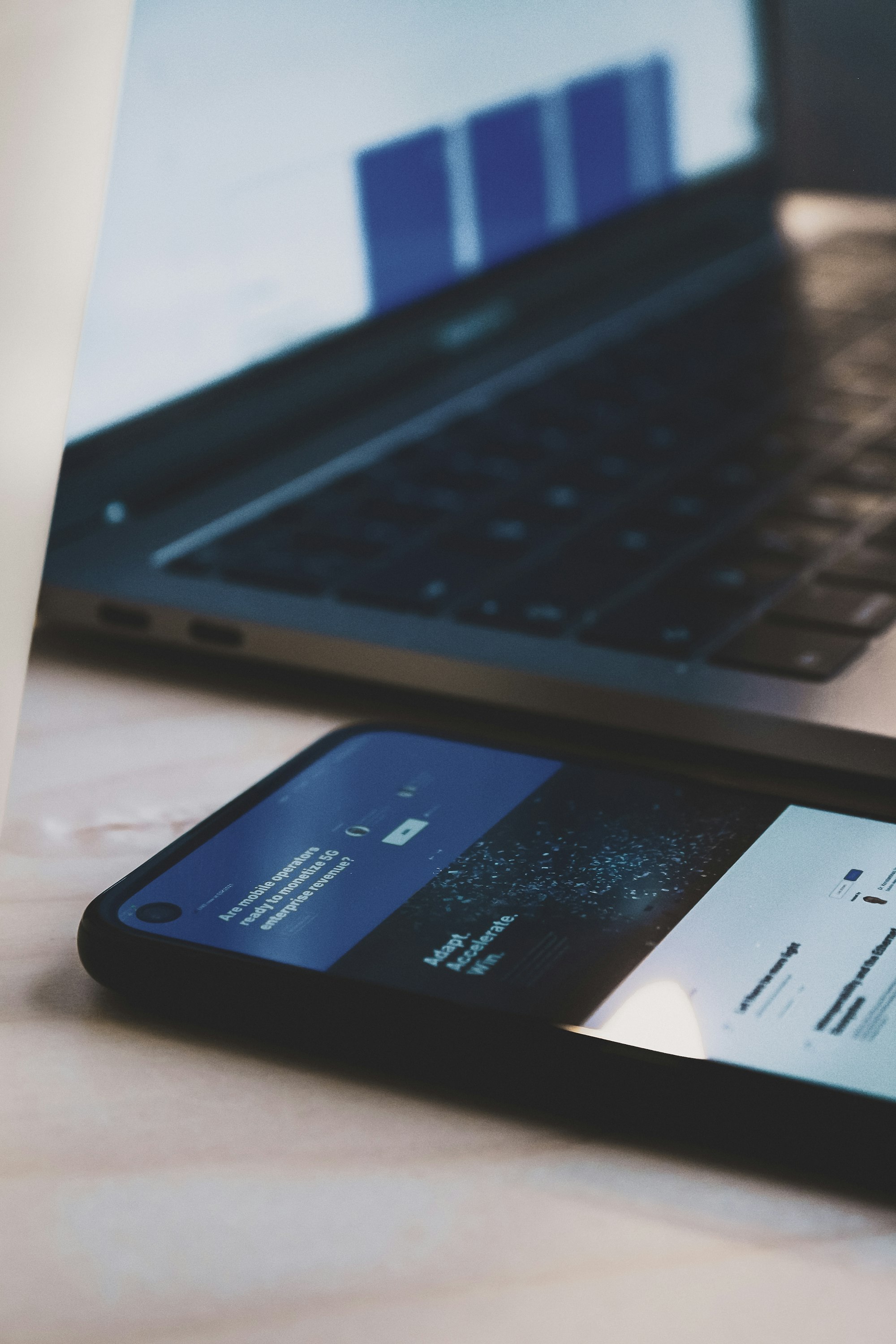
A Turning Point for Digital Rights
For privacy advocates, the verdict represents a crucial victory in the broader fight against unregulated surveillance technologies. When WhatsApp first filed its lawsuit in 2019, NSO Group operated with relative impunity despite mounting evidence of abuses.
"Back in 2019 no country had sanctioned NSO Group," noted Citizen Lab researcher John Scott-Railton. "No parliamentary hearings, no hearings in congress, no serious investigations. For years, WhatsApp's lawsuit helped carry momentum & showed governments that their tech sectors were in the crosshairs from mercenary spyware too."
Since then, the U.S. government has blacklisted NSO Group, multiple countries have launched investigations, and other tech giants like Apple have filed similar lawsuits. While the commercial spyware industry continues to grow, with researchers warning that many dangerous players remain largely unknown, this verdict establishes that the era of unchecked surveillance is beginning to face meaningful legal constraints.
This article was compiled through research of multiple sources reporting on the NSO Group case and verdict.


